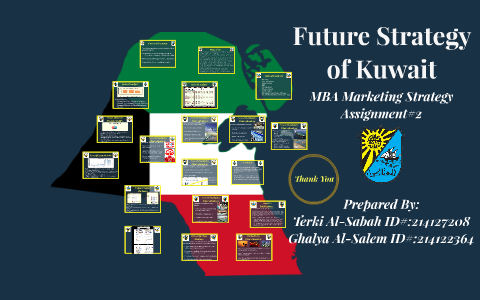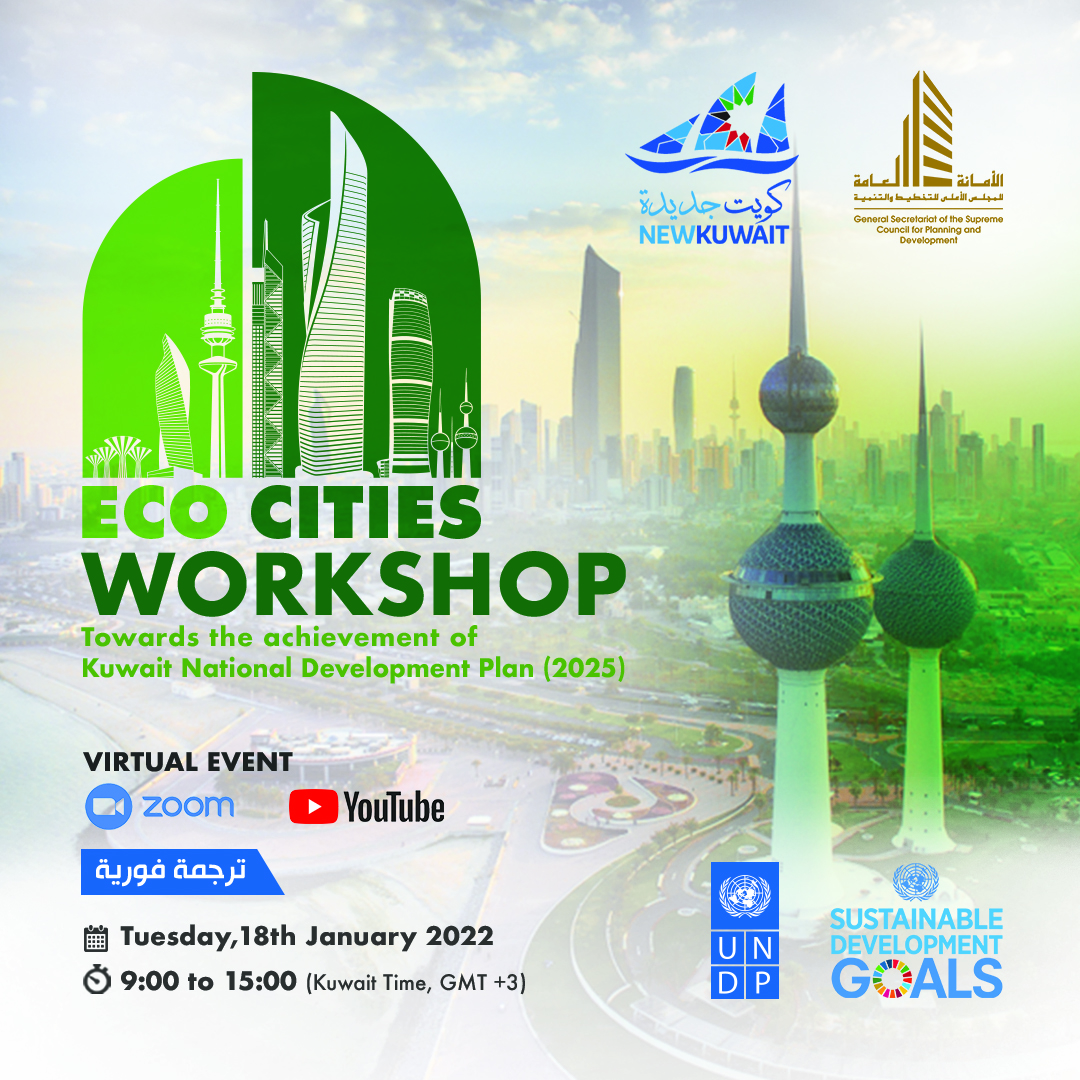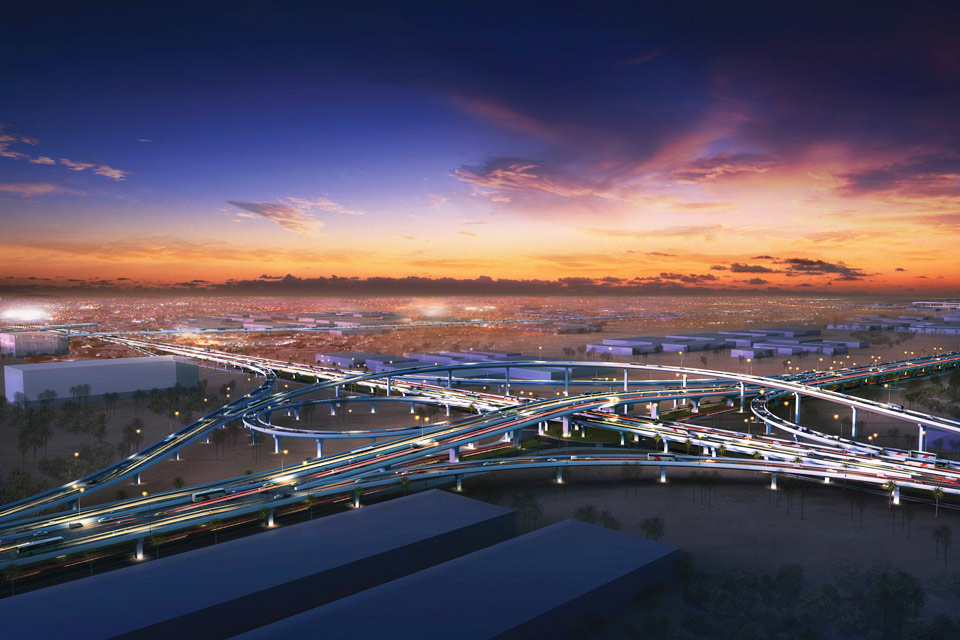Kuwait: A Strategic Hub In The Middle East
Kuwait: A Strategic Hub in the Middle East
Related Articles: Kuwait: A Strategic Hub in the Middle East
Introduction
In this auspicious occasion, we are delighted to delve into the intriguing topic related to Kuwait: A Strategic Hub in the Middle East. Let’s weave interesting information and offer fresh perspectives to the readers.
Table of Content
Kuwait: A Strategic Hub in the Middle East

Kuwait, a small but strategically significant nation in the Middle East, occupies a unique position on the world map. Its geographical location, coupled with its vast oil reserves, has shaped its history, economy, and geopolitical importance.
Geographical Context:
Located in the northeastern corner of the Arabian Peninsula, Kuwait shares borders with Iraq to the north and Saudi Arabia to the south and west. The country is predominantly flat, with a low-lying desert landscape, punctuated by the expansive Kuwait Bay, which opens into the Persian Gulf. This strategic location grants Kuwait access to vital maritime trade routes and connects it to the wider Middle Eastern region.
Kuwait on the Middle East Map:
On a regional map, Kuwait stands out as a crucial link between the Arabian Peninsula and the Persian Gulf. Its proximity to Iraq, Saudi Arabia, and the United Arab Emirates (UAE) makes it a natural center for regional trade, diplomacy, and cultural exchange.
Historical Significance:
Kuwait’s history is intertwined with the region’s rich tapestry of trade and empires. The country served as a vital trading post, connecting the East and West through its strategic location on the Persian Gulf. It was a key player in the ancient spice trade, with its ports bustling with merchants and goods from across Asia, Africa, and Europe.
The discovery of oil in the 20th century dramatically altered Kuwait’s destiny. The nation quickly transformed from a small trading center into a major oil producer, becoming a significant player in the global energy market. This wealth fueled rapid economic growth and modernization, making Kuwait a regional powerhouse.
Economic Importance:
Kuwait’s economy is heavily reliant on oil, accounting for a significant portion of its GDP and government revenue. The country holds the world’s fifth-largest proven oil reserves, making it a critical supplier of energy to the global market. This economic strength has allowed Kuwait to invest in various sectors, including infrastructure, education, healthcare, and social welfare.
Political Significance:
Kuwait’s political landscape is a blend of tradition and modernity. It operates as a constitutional monarchy with a democratically elected National Assembly. Despite its small size, Kuwait plays a significant role in regional politics, often acting as a mediator and facilitator in resolving conflicts and promoting stability.
Strategic Importance:
Kuwait’s location on the Persian Gulf makes it a vital strategic asset. The country’s proximity to the Strait of Hormuz, a narrow waterway through which a large percentage of global oil shipments pass, makes it a crucial chokepoint for energy transportation. This strategic importance has drawn international attention and has led to the establishment of strong military partnerships with various countries.
Challenges and Opportunities:
Kuwait faces several challenges, including its dependence on oil, the need to diversify its economy, and the ongoing regional instability. However, the country also has significant opportunities for growth and development. Its vast oil reserves, strategic location, and educated workforce provide a foundation for future prosperity.
FAQs:
1. What is Kuwait’s main source of income?
Kuwait’s primary source of income is oil, which accounts for a significant portion of its GDP and government revenue. The country holds the world’s fifth-largest proven oil reserves, making it a key player in the global energy market.
2. What are the major industries in Kuwait?
Besides oil production, Kuwait has a diversified economy, with industries like manufacturing, construction, finance, and tourism contributing to its GDP. The government is actively promoting diversification to reduce dependence on oil.
3. What is the political system in Kuwait?
Kuwait operates as a constitutional monarchy with a democratically elected National Assembly. The Emir is the head of state, while the Prime Minister is appointed by the Emir and heads the government.
4. How does Kuwait contribute to regional stability?
Kuwait actively engages in regional diplomacy and often acts as a mediator and facilitator in resolving conflicts and promoting stability in the Middle East. Its efforts contribute to regional peace and cooperation.
5. What are the major challenges facing Kuwait?
Kuwait faces challenges like its dependence on oil, the need to diversify its economy, and the ongoing regional instability. The country also faces environmental issues related to its oil production and desalination processes.
Tips:
1. Plan your trip: Consider the best time to visit Kuwait based on weather and events.
2. Respect cultural norms: Dress modestly, avoid public displays of affection, and be mindful of local customs.
3. Learn basic Arabic phrases: Even a few phrases will enhance your interactions with locals.
4. Explore the diverse attractions: Visit historical sites, museums, souks, and modern architecture.
5. Enjoy the culinary delights: Sample traditional Kuwaiti cuisine and explore the vibrant food scene.
Conclusion:
Kuwait’s strategic location, vast oil reserves, and rich history have shaped its unique place in the Middle East. The country plays a critical role in regional politics, economics, and energy markets. Despite facing challenges, Kuwait possesses significant potential for growth and development. As it navigates the complexities of the 21st century, Kuwait continues to be a dynamic and influential player in the Middle East and beyond.







Closure
Thus, we hope this article has provided valuable insights into Kuwait: A Strategic Hub in the Middle East. We appreciate your attention to our article. See you in our next article!